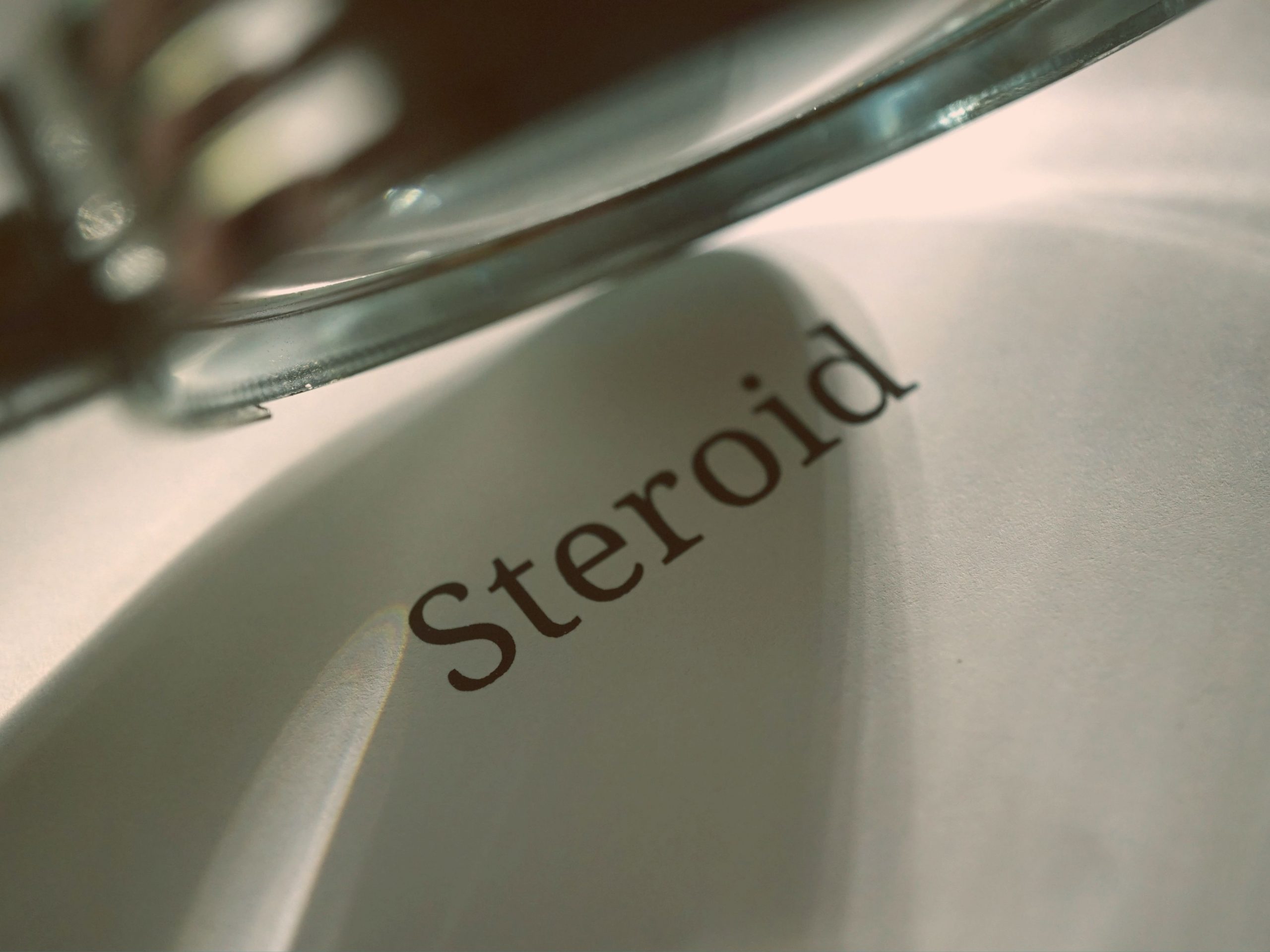All you need to know about steroid injections and suppressive immune system
What is suppressive immune system?
Suppressive immune system simply means that your body has a reduced capacity to fight viruses and infections. There are several different causes which can affect the immune system. Some of them are age, malnutrition and certain medication.
- There is nothing we can do to reverse the age-related weakening of the immune system; however, we can have an impact on how fast or slow our immune system is weakening by regular exercises and a healthy and balanced diet.
- Malnutrition reduces the immune system because the body is not receiving enough of essential minerals and vitamins to be able to remain strong.
- Medication for treatment of various autoimmune diseases which usually consists of steroids. Autoimmune disease is when the immune system attacks healthy body tissue, hence, it needs to be suppressed. Some of the diseases are psoriasis, psoriatic arthritis, Crohn’s disease and multiple sclerosis.
What is a steroid injection and how does it work?
Steroid (or corticosteroid) injections are used to treat autoimmune diseases, inflammation and pain. This is being achieved by suppressing the immune system of the body.
There are 4 steroid injections available:
- Intravenous injections-Injections into the blood
- Epidural injection-Injections into the spine
- Intramuscular injection-Injections into a muscle
- Intra-articular injection-Injections into a joint
The location of the injection will always depend on the desirable outcome and condition treated. Although injected steroids are man-made, they are completely different to anabolic steroids which are illegal to use and only qualified medical professionals can prescribe them.
Risks of steroid injections:
There is a list of risks associated with steroid injections. Risks can vary depending on the location of the injection and duration of the treatment.
Intra-articular, intramuscular and epidural injections may cause infections, temporary bruising, local pain, pale skin, rise in blood pressure (if you are suffering from hypertension) and rise in blood sugar (if you are suffering from diabetes). Also, epidural injections may result in development of headaches for a few days after the injection. Besides, there is a study suggesting that Intra-articular injections may increase the risk of catching the influenza after the injection due to reduced immune system (Sytsma et al, 2018). So, this may suggest that steroid injections might decrease the effectiveness of other types of vaccination.
Long term intravenous treatment with steroids may cause permanent suppression of your immune system. It increases the possibility of you catching various viruses and bacteria which might linger for a prolonged period of time due to weakened immunity. Also, it can affect your bone mineral density in older age, so it predisposes you to increase the risk of falls and bone fractures.
In short, if you already suffer from suppressive immune system, regular use of steroids might weaken your immune system even further making it very difficult to fight off viruses and bacteria.
We hope this information is useful for you. If you have any questions about our treatments, please contact us. You can find us in Mill Hill Broadway and Islington. If you like this blog, please share!
We are always happy to help.
References:
Link: https://www.sciencedirect.com/science/article/pii/S2542454818300055
Link: http://rc.rcjournal.com/content/respcare/63/6/655.full.pdf



